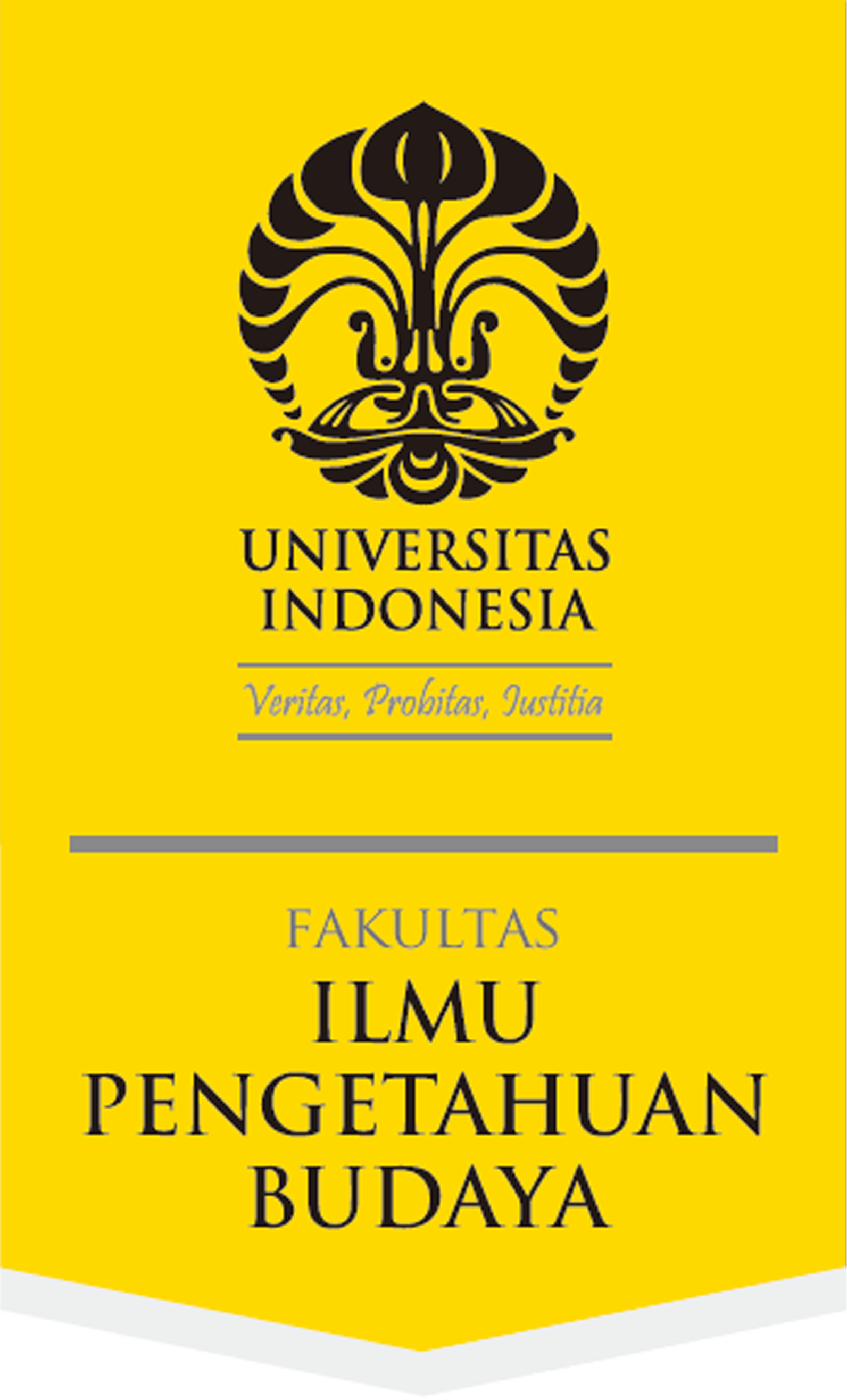Abstract
The Danish travel writer Aage Krarup Nielsen (1891-1972) journeyed to the Netherlands East Indies on multiple occasions. Even though his translated work was popular in the Netherlands and beyond, so far it has been paid scant attention in the fields of travel-writing studies and the study of Netherlands Indies literature. Yet, it is valuable in its views on transnational power dynamics within the Netherlands East Indies society. This article examines two distinct patterns in Krarup Nielsen’s 1928 travelogue, Mellem kannibaler og paradisfugle (Between cannibals and birds of paradise): the comparisons he makes between the different ethnicities and nationalities who lived in the Netherlands East Indies and the memories he includes in the descriptions of his travels. Analysing this travel account from within the framework of postcolonial studies and transnational memory studies, this article answers the question how encounters with the “Other” – colonized as well as colonizer – are represented in the Netherlands East Indies. Drawing on earlier work describing representations by colonialists in “their” colony, this article focuses on the outsider perspective offered by Krarup Nielsen and takes into account how his European background shaped his descriptions of the “Others”.
References
Assmann, Aleida. 2014. “Transnational memories”, European Review 22(4): 546-556.
Baggesgaard, Mads Anders. 2016. “Precarious worlds; Danish colonialism and world literature”, Journal of World Literature 1(4): 466-483.
Boehmer, Elleke. 2005. Colonial and postcolonial literature; Migrant metaphors. Second edition. Oxford: Oxford University Press.
Bosman, F.S. 1931. “Bibliographie”, De Nieuwe Gids 7: 118-119.
Buur, Dorothée. 1973. Persoonlijke documenten Nederlands-Indië/Indonesië. Leiden: Koninklijk Instituut voor Taal-, Land- en Volkenkunde.
Buur, Dorothée. 1992. Indische jeugdliteratuur: geannoteerde bibliiografie van jeugdboeken over Nederlands-Indië en Indonesië, 1825-1991. Leiden: Koninklijk Instituut voor Taal-, Land- en Volkenkunde.
Erll, Astrid. 2011. Memory in culture. Basingstoke: Palgrave Macmillan.
Erll, Astrid and Ann Rigney. 2018. “Editorial”, Memory Studies 11(3): 272-273.
Harskamp, Jaap. 2009. A colonial obsession: Dutch narrative literature on the East Indies 1800-1945: a catalogue of holdings in the British Library. Ely: British Library.
Honings, Rick. 2021. “Guardians of the colony: nineteenth-century military travellers in the Dutch East Indies”, Studies in Travel Writing 25(4): 461-486.
Honings, Rick. 2022. “A preacher’s perspective: Sytze Roorda van Eysinga’s representation of the Dutch East Indies”, Bijdragen tot de taal-, land- en volkenkunde / Journal of the Humanities and Social Sciences of Southeast Asia 178(1): 38-66.
Honings, Rick. 2023. “Indigenous eyes: Javanese colonial travel texts as autoethnographic expressions: the case of Purwalelana and Suparta”, in: Doris Jedamski and Rick Honings (eds), Travelling the Dutch East Indies: historical perspectives and literary representations, pp 138-168. Hilversum: Verloren.
Jay, Paul. 2010. Global matters: the transnational turn in literary studies. Ithaca, NY: Cornell University Press.
Jedamski, Doris and Rick Honings. 2023. “Introduction”, in: Doris Jedamski and Rick Honings (eds), Travelling the Dutch East Indies: historical perspectives and literary representations, pp 9-23. Hilversum: Verloren.
Krarup Nielsen, Aage. 1930. In het land van kannibalen en paradijsvogels. Translated by Claudine Bienfait. Amsterdam: Querido.
Lee, Hermione. 2015. “’From memory’: literary encounters and life-writing”, in: Zachary Leader (ed.), On life-writing, pp. 124-141. Oxford: Oxford University Press.
Luttikhuis, Bart. 2013. “Beyond race: constructions of ‘Europeanness’ in late-colonial legal practice in the Dutch East Indies”, European Review of History 20(4): 539-558.
Mitroiu, Simona. 2015. “Life writing and politics of memory in Eastern Europe; Introduction”, in: Simona Mitroiu (ed.), Life writing and politics of memory in Eastern Europe, pp. 1-2. Basingstoke: Palgrave Macmillan.
Mrázek, Rudolf. 2020. The complete lives of camp people; Colonialism, fascism, concentrated modernity. Durham, NC: Duke University Press.
Pardoe, Lucelle and Arnoud Arps. 2023. “Translation, memory, and ongoing coloniality: reading Gentayangan for a more worldly Dutch studies”, Dutch Crossing 47(1): 49-62.
Praamstra, Olf. 2021. “Een rusteloos leven na de dood; Pieter Erberveld in Indië, Japan, Indonesië en Zuid-Afrika”, Indische Letteren 36(1): 2-62.
Pratt, Mary Louise. 2008. Imperial eyes: travel writing and transculturation. Second edition. London: Routledge.
Protschky, Susie. 2008. “The colonial table: food, culture and Dutch identity in colonial Indonesia”, Australian Journal of Politics and History 54(3): 346-357.
Pusztai, Gábor. 2016. “Hongaren in de Nederlandse koloniën; In plaats van een inleiding”, Acta Neerlandica 12: 5-23.
Raben, Remco. 2020. “Colonial shorthand and historical knowledge: segregation and localisation in a Dutch colonial society”, Journal of Modern European History 18(2): 177-193.
Rothberg, Michael. 2009. Multidirectional memory: remembering the Holocaust in the age of decolonization. Stanford, C.A: Stanford University Press.
Schulte Nordtholt, Henk. 1981. “The mads lange connection; A Danish trader on Bali in the middle of the nineteenth century: broker and buffer”, Indonesia 32: 16-47.
Slama, Martin and Jenny Munro. 2015. “From ‘stone-age’ to ‘real-time’: exploring Papuantemporalities, mobilities andreligiosities – An introduction”, in: Martin Slama and Jenny Munro (eds), From ‘stone-age’ to ‘real-time’: exploring Papuan temporalities, mobilities andreligiosities, pp. 1-37. Canberra: Australian National University Press.
Toivanen, Mikko. 2023. “The colonial city in motion: managing ethnic diversity through public processions in Singapore and Batavia, 1840-1870”, Asian Ethnicity 2(4): 523-543.
Recommended Citation
Arps, Arnoud
(2024)
"Setting sails to sundry shores; Transnational memories of the Netherlands East Indies in the eyes of Danish writer Aage Krarup Nielsen,"
Wacana, Journal of the Humanities of Indonesia: Vol. 25:
No.
2, Article 6.
DOI: 10.17510/wacana.v25i2.1727
Available at:
https://scholarhub.ui.ac.id/wacana/vol25/iss2/6











